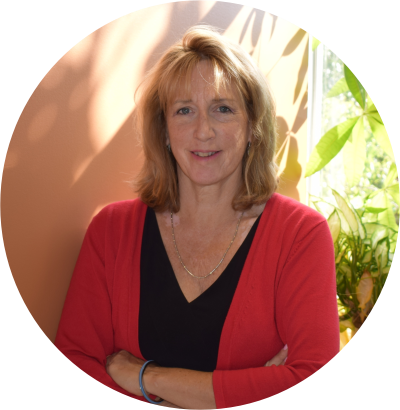Dean's Message June 2020
 Hello Social Work Warrior Community,
Hello Social Work Warrior Community,
It has certainly been a time of disruption! COVID-19 changed all of our lives in March and our new 'normal' is a far different world. We have had to learn to teach, advise and communicate in very different ways. The faculty, staff and students of the Wayne State University School of Social Work have not only adapted but shined brightly! Our faculty and students assessed needs and acted in creative and innovative ways to assist our community. I am very proud of the way our faculty and staff reacted to the crisis supporting our students and each other as well as the care our members provided to the community. This newsletter provides information on many of those initiatives (i.e., Joanne Sobeck's project with students to gather books and art for COVID patients; Carolyn Dayton's supports for dads; Kim Jaffee involvement in testing; Tam Perry and students working with isolated elderly). One initiative the helpline for front line workers begun by Suzanne Brown - resulted in a university 'Unsung Hero' Award. Associate Professor Brown was the only faculty on Wayne State's campus to receive such recognition!
As COVID's initial wave began to wane, another disruption grabbed our attention. The death of George Floyd (and countless others) sparked rallies, protests, and marches around the globe. As groups continue to march, bringing greater awareness to structural racism experienced daily in a myriad of ways by persons of color, there have been many calls for alternative solutions. These alternative solutions are not foreign to us as social workers, because they involve prevention, intervention, and attention to inequities and disparities embedded within our social systems. Particularly many have discussed alternative solutions to law enforcement encounters involving people experiencing mental health and substance misuse issues, family or partner violence, homelessness, and lack of access to basic needs. After all, aren't social workers better equipped to solve these problems?
As a social worker, my immediate response is to say, 'YES, of course social workers can step in here'! Particularly because the School encompasses the Center for Behavioral Health and Justice a center focused on diversion and deflection of individuals from the criminal legal system. Then, a voice inside me, stills that impulse and wonders: How has social work participated in and perpetuated systems of oppression historically and currently? After all, if we honestly question the systematic racism that contributes to racialized violence don't we also have to question ourselves and our own role? Within the School we have begun that questioning journey. Some of the events, like the forums on June 5th (covered in this newsletter) and a second on June 25th, ask us as a community to look inward and reflect. This self-reflection will lead to a series of actions to take place in the coming year with the goal of becoming stronger together!
In this moment of hope and yes, I believe that the collective actions we are seeing across the world are hopeful - I would like to believe that we can all transform. However, that transformation can only take place if we first stop and listen to those most affected. As this newsletter illustrates, over the past three months, our incredible faculty, staff and students have listened and then acted! Listening will often be uncomfortable, but pushing through that discomfort to create safe spaces for dialogue is what we are called to do!
Stay tuned there is much more to come!
Sheryl Kubiak, Ph.D., M.S.W.
Dean, School of Social Work